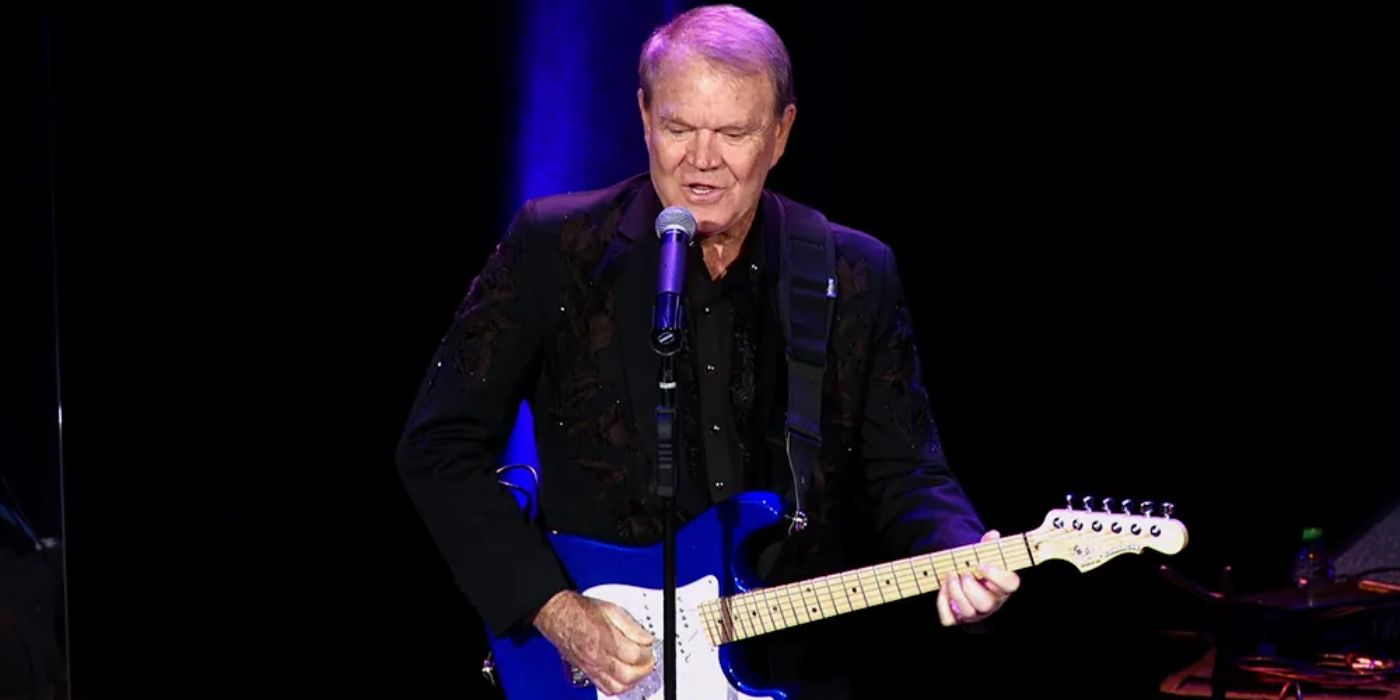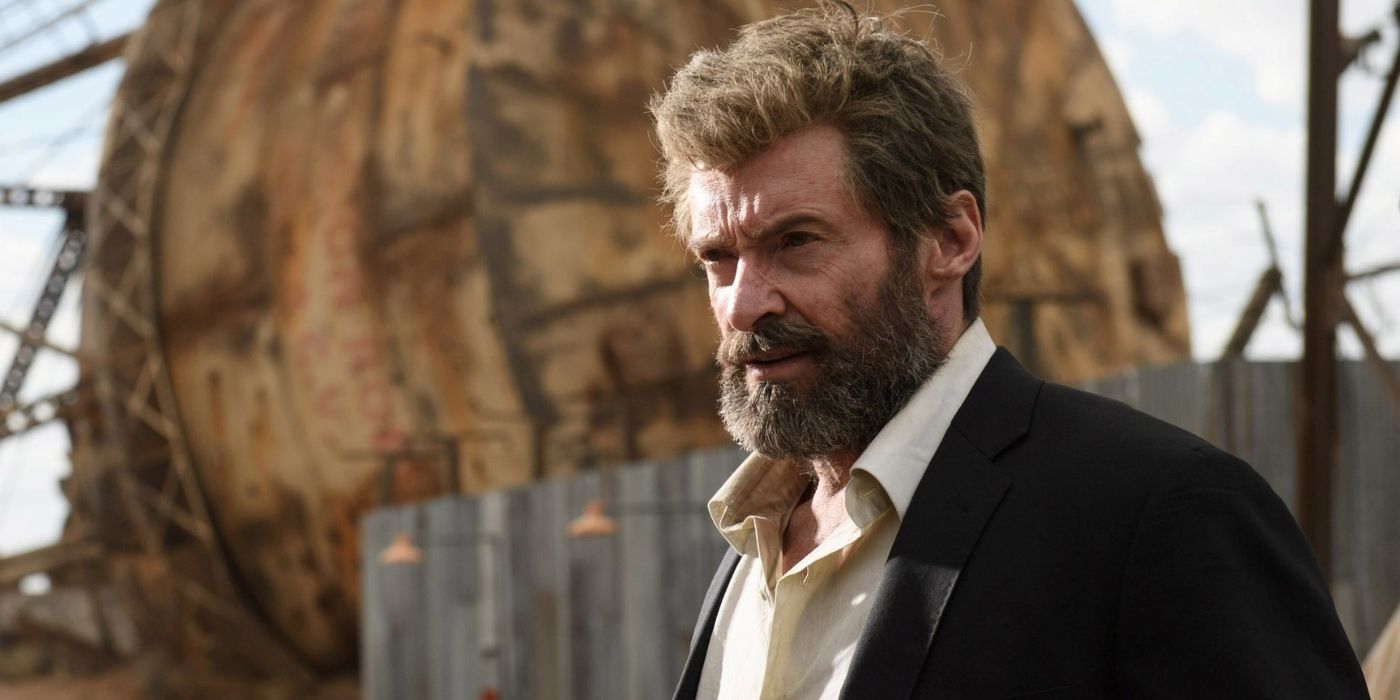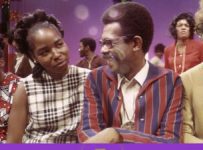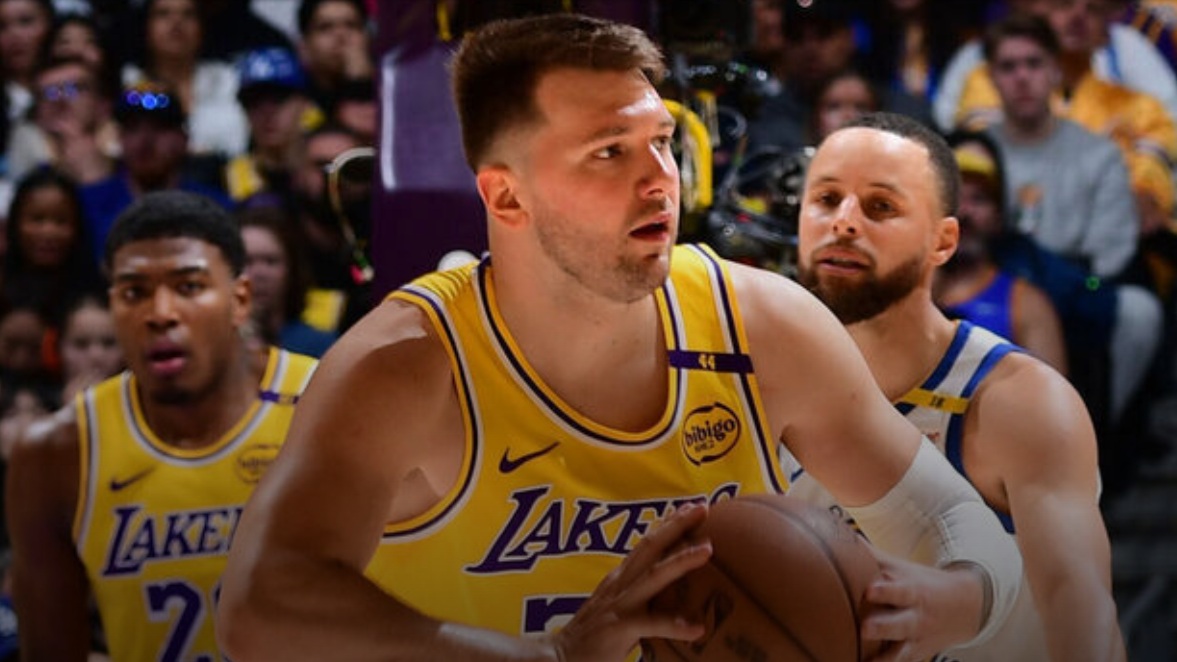There’s also a brilliantly gifted horse, and big race coming up, and a medical diagnosis for Jackson that serves the same function as those scenes in all the “Rocky” movies where the doctor warned Rocky Balboa that if he got in the ring again he’d go deaf or blind or suffer brain damage or lose a kidney (or was that Adonis Creed?). What do you think a guy like Jackson is going to do with news like that? Say, “Thanks for the honesty, doc” and turn in his riding crop?
Parker and Collins have chemistry. Its peak is a long, quiet, intense conversation in Jackson’s trailer that’s an object lesson in how to make a small space feel big: by framing the setting in ways that give you a sense of what it does to a person’s energy to live alone in it, then showing how their energy changes when you add a second person who has a different vibe.
You don’t really watch a movie like this for the shocking plot twists. The vibe is more akin to one of those mid-career, medium-budget Clint Eastwood pictures where he played a run-down veteran of some profession or another who gave it his all and had a few golden moments but was heading into his fifties or sixties realizing that whole time he was just very good, not great, and that the main thing he has to show for all those years of hard work is a job that satisfied him completely even as its physical punishments shaved years off his life.
There’s also a little touch of the sports film as practiced by Ron Shelton (“Bull Durham,” “Tin Cup“), who liked to focus on guys who were on their way out, and who much cared who won or lost because he was more interested in the culture of sports, and in the way athletes related to one another and to the friends, family, and supporting professionals around them. We don’t really see any races in this movie, at least not like in other racetrack pictures. There was no budget for that, and they didn’t want to risk injuring their star, so they find inventive ways to make the races feel like internal, emotional events, or ellipses in the story, like when soldiers in a play about war head off to battle before intermission and then come back afterward and you can tell if they won or lost by how they carry themselves.
You can view the original article HERE.





























